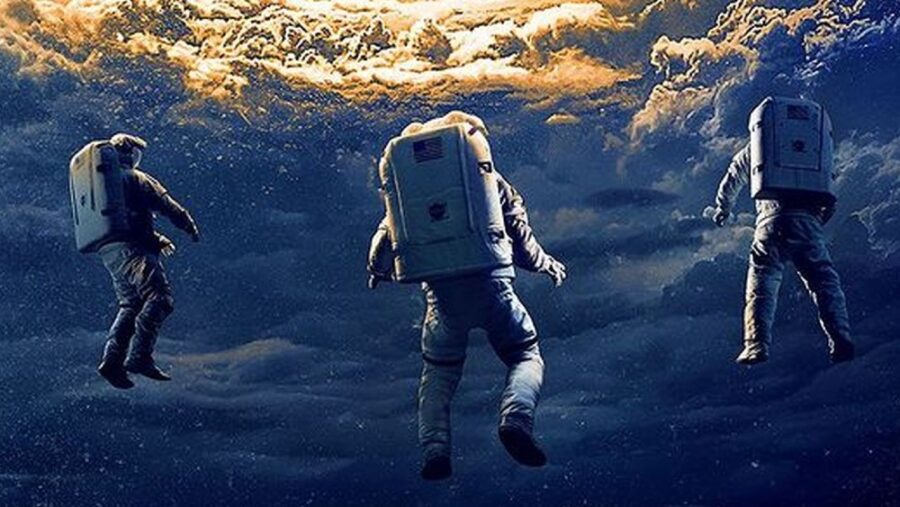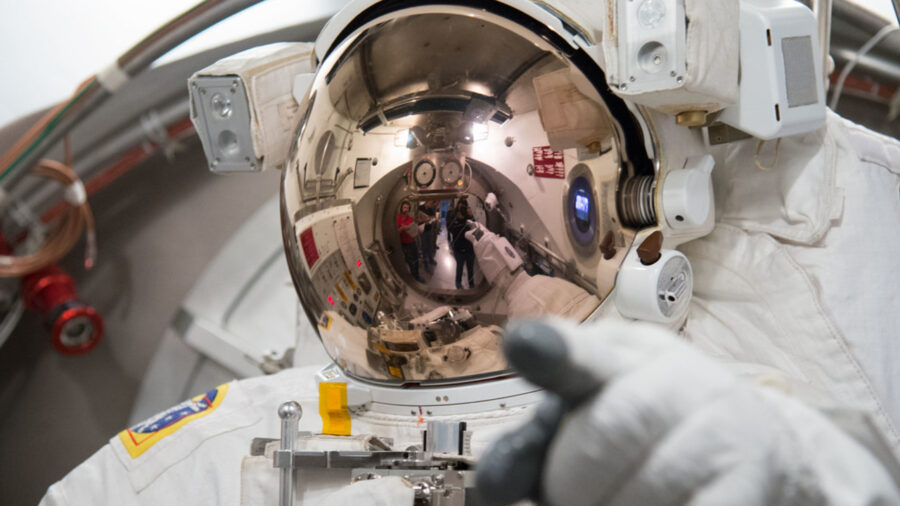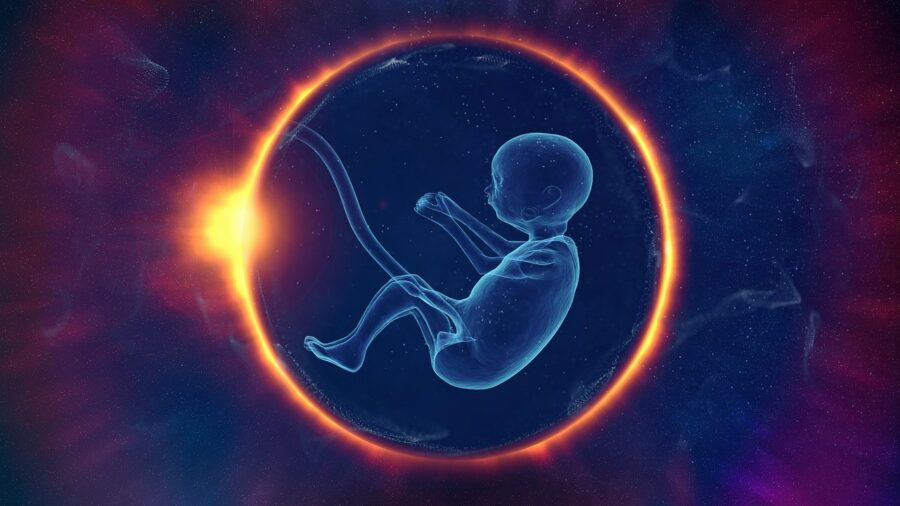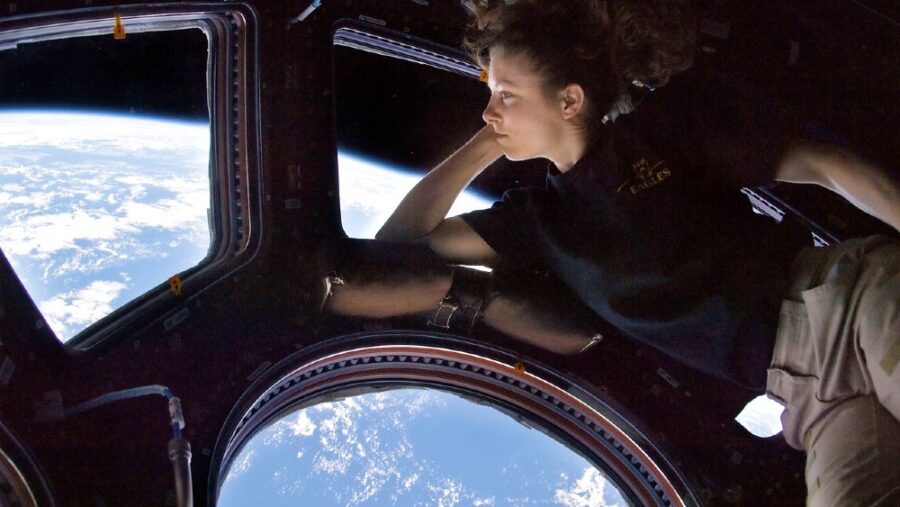Sex In Space? Research Into Making Babies During Space Exploration Is Underway

They say in space, no one can hear you scream. Moaning, however, is a different story. A Dutch company is hard at work researching sex in space—for purely scientific reasons, obviously.
Spaceborn United

Dutch entrepreneur Egbert Edelbroek founded Spaceborn United for one purpose and one purpose only: to study what happens when humans get nasty in zero gravity. “It’s important that the Earth and humanity can become a multi-planetary species,” said Edelbroek when asked to justify his mission to watch people have sex in space. The businessman went on to say that for the human race to have “independent settlements beyond Earth.” we as a society would have to “address the reproductive challenge.”
A Quest To Preserve Mankind

Yes, it turns out that Edelbroek’s main goal in facilitating sex in space isn’t to create some kind of intergalactic Bang Bus but rather the preservation of the homo-sapien species as a whole. With that goal in mind, Spaceborn United is first simply trying to conceive a viable embryo in space before it tackles full-grown adults bumping uglies outside Earth’s atmosphere. Edelbrock and his researchers started first with mice before eventually graduating to fertilizing a human egg with human sperm.
How It Works

Spaceborn United has created a special disk that mixes the cells together to produce an embryo. The embryo would then be cryogenically frozen to pause its development and to protect it during reentry into Earth’s atmosphere. “It’s a lot of shaking, a lot of vibration, a lot of G-forces. You don’t want to expose embryos to this,” Edelbroek said.
Speaking of shaking, vibration, and G-spots—er—G-forces, any actual physical sex in space is still quite a ways off. Spaceborn’s current research is being done in simulated partial gravity conditions created in a laboratory here on Earth, but Edelbrock plans to launch “mice cells” into space by the end of next year. Meanwhile, the launch of a human embryo is at least five or six years away, making actual cosmic coitus unlikely until well into the next decade.
An Ethical Dilemma

Meanwhile, a human embryo fertilized in space represents a possible ethical dilemma when it comes to implantation. Edelbroeck describes the issue as a “delicate topic,” due to the high concentration of radiation in space as well as the different gravity environments that “embryos are never designed for.” Edelbroeck isn’t suggesting, of course, that the harsh radiation in outer space could result in an embryo gaining real-life Fantastic Four powers, but nowhere in our research did we find him saying that wouldn’t happen either.
These potential ethical conundrums are a big reason why NASA is reluctant to spend tax dollars on such sensitive issues as sex in space. Instead, NASA is content to leave the freaky deeky space lovin’ to private firms like Spaceborn United. According to Edelbroek, his company is the only one in the world currently planning to develop a human embryo in space.
Space Tourism May Offer The First Sex In Space

One thing worrying Edelbroek is the potential for a pair of space tourists to beat his firm to the punch when it comes to the first humans to have sex in space. Now that the burgeoning field of space tourism is starting to take off thanks to private companies like SpaceX and Virgin Galactic, who knows when someone will get horny outside of Earth’s atmosphere and attempt to join the 70-mile high club. Edelbroek claims to have been consulting with those in the space tourism sector in an attempt to make sure they know about the risks inherent in space nookie.
Now we’re just waiting for HBO to make a sci-fi Sex in the City spinoff called Sex in Space.












